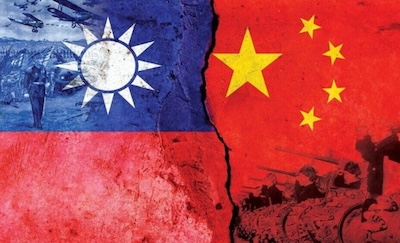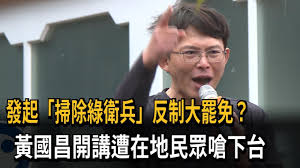Traditional Kuomintang (KMT) rhetoric claims the party is “greater” than the Republic of China (ROC), since it “created” the country. But even Sun Yat-sen disagreed. He described the founding of the ROC in 1911 as a result of historical forces—not just the effort of one party. The Wuchang Uprising was sparked by the Sichuan Railway Protection Movement, involving constitutionalists and countless non-KMT citizens. General Li Yuanhong, for instance, wasn’t a KMT member.
The idea of “Party above Nation” only took root after 1924, under Soviet influence during the KMT’s “Alliance with Russia and tolerance of communists” policy. From then on, both the KMT and CCP started treating the nation as an appendage to their party interests.

In 1949, when Mao Zedong established a new state, he deliberately discarded the name “Republic of China.” Ironically, he later admitted this was one of his three biggest mistakes. Had he retained the ROC name, it might have spared Taiwan later struggles with “one-China” ambiguity.
Today, figures like Ma Ying-jeou continue to confuse the public by promoting “One China, different interpretations”—a dangerous blurring of ROC and PRC identities. Given that most countries recognize the PRC as the sole China, this rhetorical trap threatens the ROC’s survival.
Thankfully, Taiwan’s democratic transformation over the past three decades has given rise to a new and growing force: the pro-democracy, non-KMT-aligned “Republic of China camp.” These citizens reject the KMT’s outdated nationalism and are committed to defending Taiwan’s democracy against both CCP threats and KMT compromise.
This is why the recent recall movement succeeded: voters saw through the hypocrisy of those defending anti-democratic figures—whether they were fake pollsters, so-called elites, shady scholars, or obscene public figures. The people are determined to sweep away the lingering ghosts of authoritarianism.
Ultimately, this movement is a modern self-rescue effort—defending Taiwan, preserving democracy, and answering a key question: Is the “Nation” truly greater than the “Party”? As the KMT clings to outdated visions of imperial-style dominance, the people of Taiwan march forward, knowing that nations endure, while parties fall like leaves in the wind.



